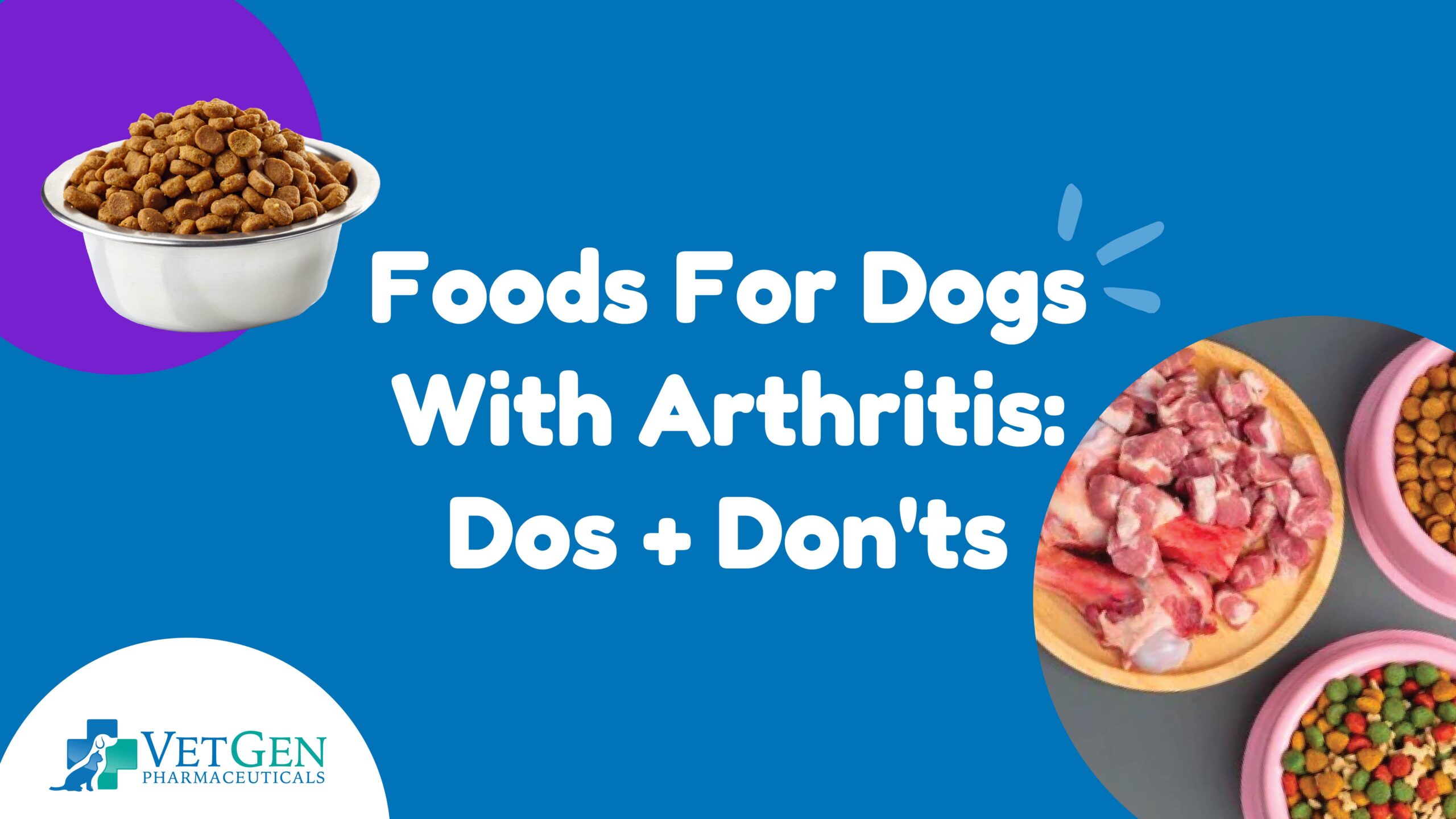


✔︎ Get expert tips to keep your dog healthy
✔︎ Stay updated with our latest blogs and stories
Join our community of dog lovers and ensure your furry friend stays happy, active, and healthy
2699 Stirling Rd. #C104 Hollywood, FL 33312 Open M-F 9AM-5PM Est.
2699 Stirling Rd. #C104 Hollywood, FL 33312 Open M-F 9AM-5PM Est.
© Copyright 2025. VetGen Pharmaceuticals